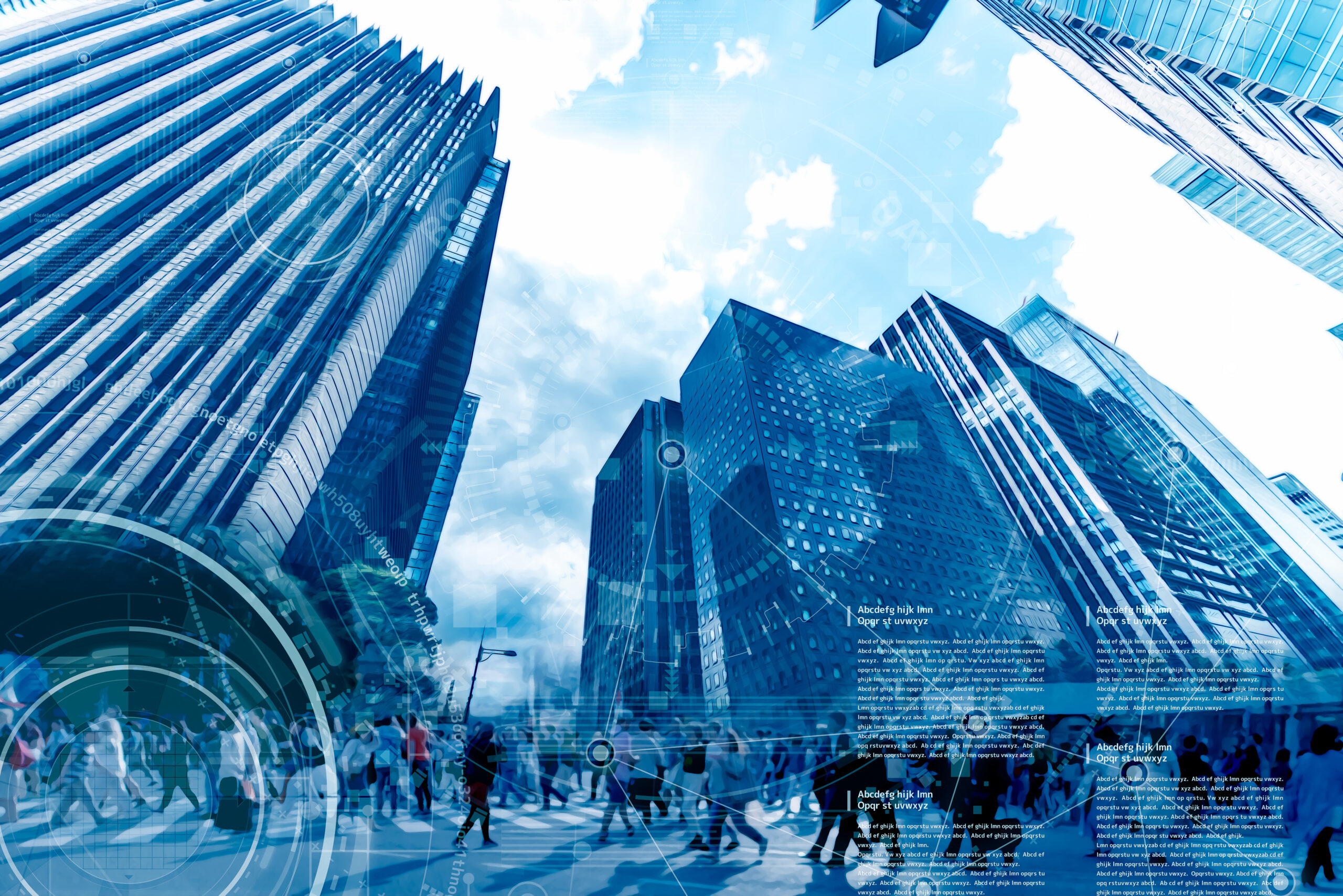Table of Contents
Understanding the Influence of 5G on Smart Cities
The IoT is having an incredible impact on how you live your life, interact with others, and experience the world around you. How you travel, communicate, manage money, or stay healthy is rapidly evolving because of 5G technology. There are several aspects of a 5G network that make this possible. One of the most important is that a 5G network is approximately 100 times faster than a 4G system. This means that government, business, healthcare, and individual citizens can work together to create cities to meet new standards in technological advancement that weren’t possible only a few years ago. There are several important aspects of this exciting new technology you need to know.
What is 5G?
According to T-Mobile, 5G is a wireless network technology that can transmit large amounts of data more quickly than ever before. It’s the 5th generation in mobile networking. Previous generations of technology such as analog cellular in 1G, wireless mobile technology in 3G, and even the advancements of 4G, will soon seem obsolete in comparison to 5G.
Both Verizon and AT&T are currently using forms of 5G. This will have an enormous impact on the way you use technology in your daily life. A network using 5G can connect almost everything including devices, machines, and objects. There are several specific aspects of 5G that make it different from 4G.
- Different Kinds of Bandwidth
5G travels on high-band spectrum airwaves. This is what enables an extremely high rate of speed when loading and transferring data.
- Higher Speeds
The extreme rates of speed creates the ability to quickly upload data. With 5G there is the potential to reach a speed of 10 gigabits each second.
- Lower Latency
An example of latency is the time it takes from when you send a text to when another person receives the text. While latency is already fairly low with 4G, 5G will virtually eliminate any time gap at all.
- More Data
One of the primary features of 5G is not only transferring data quickly but the ability to receive and transfer massive amounts of data. The ability to handle larger amounts of data will change how everything from businesses to hospitals operates.

How Does 5G Work?
A 5G network, like most other cellular systems, uses a network of different cell sites that sends and receives data. The network sends the encoded data through radio waves. Either a wired or wireless connection is the central backbone for each cell site. 5G networks must handle many more cells than previous networks. They must also leverage advancing antenna technology along with wider bandwidth.
Embedding sensors into almost everything you use is an important part of bringing together an effective 5G network. This type of seamless connectivity is the driving power behind a successful smart city. With high speeds and lower latency, it will change the way people live together and interact. One of the primary keys to successful implementation of 5G is making sure high-functioning smart devices are in the hands of citizens throughout the city.
How Does 5G Specifically Affect a Smart City?
There are few aspects of day-to-day life that aren’t increasingly becoming a part of the 5G network. According to Verizon, by 2025 smart city services on a global scale will reach approximately $2.57 trillion. The following are specific examples of how 5G is already influencing smart cities around the world.
- City Lighting
City lights with LED technology are not only more cost-efficient but environmentally friendly. Adding 5G technology, however, will take the basic street light to a whole new level. Microchip describes how an entire network of connectivity is now possible. Traffic sensors, security cameras, and public Wi-Fi may all connect on city lights with the use of 5G technology.
- Smart Parking
5G will improve the speed and efficiency of all the components that work together in an urban parking system. A driver will see a vacant parking spot in real-time. They’ll also see or hear the quickest route. Checkout and payment will also improve.
- Vending Machines
As vending machines are increasingly connecting to the internet, 5G will enable them to work more effectively and safely than ever before. According to Vending Connection, these new machines will have the capability to offer a personalized experience with each customer.
- Water Consumption
Smart technology not only can monitor water consumption and help promote water conservation, but it can prevent water loss from occurring. A network of communicating technologies can detect leaks and send this information to the appropriate sources so that repairs can take place almost as soon as the leak occurs.

- Environmental Monitoring
A city can now improve the environment by quickly and effectively monitoring everything from rainfall to CO2 emissions. Since devices using 5G can automatically shut off when not in use, simply using 5G can help the environment.
- Building Automation
In-Building Tech states that 5G, in connection with artificial intelligence and the IoT, will connect and improve all the services in a building. These would include HVAC systems, lighting, security, elevators, and escalators.
- Public Safety
With 5G technology, video recordings will identify and alert authorities regarding potential terrorist attacks and car accidents. Real-time gathering of data will enable law enforcement and emergency personnel to work together to save lives.
- Healthcare
Telemedicine is vastly improving with the help of 5G services. High-definition telehealth will reach remote communities, aid the elderly and those with disabilities, all while saving millions on healthcare costs.
- Driverless Cars
In the future, driverless cars will use 5G to interact with roads, traffic signals, and other cars. This seamless connection will improve the safety and overall ease of using driverless cars.
- Secure Mobile Networks
As people continue to use mobile devices for nearly every aspect of their lives, 5G can help secure these interactions. Anti-tracking devices make it more difficult for bad actors to manipulate individual connections.
It’s hard to overestimate the influence 5G is already having and will continue to have on smart cities. Implementing 5G is the foundation that will bring all the other emerging technologies together. A seamless network needs to develop in order for each smart city to improve internet connectivity, efficiency, and security. This has the ability to improve the lives of millions of people in cities throughout the world.
